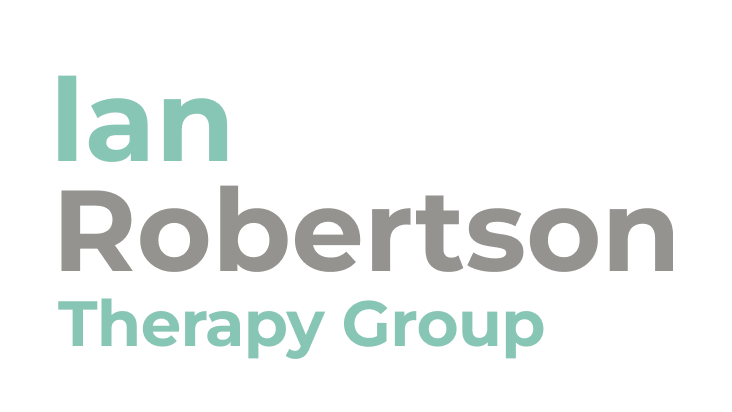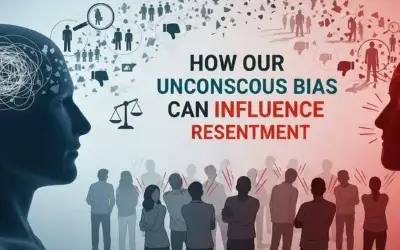
“Until you make the unconscious conscious, it will direct your life, and you will call it fate.”
– Carl Gustav Jung
Can you truly heal yourself with self-help techniques? It’s a question many of us have pondered. While self-help offers a sense of autonomy and empowerment, it also has its limitations. By exploring the intersection of self-help, therapy, and neuropsychology, we can better understand its potential as a tool for personal growth and healing.
What is Self-Help, and Why is It Popular?
Self-help is the practice of improving one’s well-being and addressing personal issues using various techniques and resources, such as books, podcasts, and workshops.
Key Reasons for Its Popularity:
- Empowerment: Self-help gives individuals control over their healing journey, fostering confidence and autonomy.
- Accessibility: It provides an affordable alternative to therapy, making mental health support more available.
- Reduced Stigma: With mental health awareness on the rise, self-help has become socially acceptable and even encouraged.
Despite its popularity, self-help isn’t without limitations, particularly when it comes to addressing deep-seated emotional and behavioral patterns.
The Benefits of Self-Help for Mental Health
Self-help can be a valuable tool for improving mental health. Techniques like mindfulness and cognitive-behavioral therapy (CBT) have been shown to:
- Reduce symptoms of anxiety and depression
- Promote emotional regulation and resilience
- Empower individuals to take an active role in recovery
By providing tools for immediate relief and personal growth, self-help enables individuals to address certain challenges on their own terms.
The Limitations of Self-Help: What It Can’t Address
While self-help is effective in many areas, it primarily engages the conscious mind and often neglects the unconscious memories driving behaviors.
The Role of the Unconscious Mind:
Unconscious memories stored in the limbic system often shape behaviors and emotions in ways that self-help techniques alone cannot reach. For instance:
- Childhood trauma or negative experiences may fuel anxiety.
- Surface-level techniques like meditation may provide relief but fail to address the root cause.
True healing often requires accessing these unconscious memories, a process best facilitated by a trained therapist using approaches like neuro-experiential therapy.
Neuropsychology and the “Self”
The concept of the “self” is deeply tied to brain functions involving conscious and unconscious processes:
- The Cortex: Governs conscious awareness, reasoning, and decision-making.
- The Limbic System: Regulates emotions, motivation, and memory, including unconscious memories.
Self-help techniques primarily focus on conscious processes. While they can shift thought patterns positively, deeper healing often requires integrating these techniques with therapeutic approaches that address the unconscious mind.
Freud’s Three Levels of Mind
Freud’s model of the mind offers insight into the layers of our consciousness:
- Conscious Mind: Thoughts and feelings we are actively aware of.
- Preconscious Mind: Memories that can be easily brought into awareness.
- Unconscious Mind: Reservoir of suppressed emotions, thoughts, and urges influencing behavior.
Impact of the Unconscious on Behavior
According to research, unconscious influences can manifest as:
- Negative self-talk and compulsive behaviors
- Difficulties in relationships
- Unhealthy habits and prejudices
These patterns highlight the importance of addressing the unconscious mind in healing and personal growth.
Why Therapy Complements Self-Help
Therapy plays a crucial role in addressing the limitations of self-help by offering:
- A Safe Space: Therapists provide a supportive environment to explore deep emotions and unconscious memories.
- Personalized Guidance: Tailored approaches to meet individual needs.
- Expertise: Tools and techniques beyond the scope of self-help resources.
When combined, therapy and self-help create a holistic approach to healing, empowering individuals while providing the depth and expertise necessary for lasting change.
Conclusion
Self-help is a valuable tool for mental health and personal growth, but it has its limits. By integrating self-help techniques with therapy, individuals can access the benefits of both conscious empowerment and deeper healing.
If you’re considering therapy or have questions about how it can complement your self-help journey, feel free to fill out the form below. We’re here to support you.











